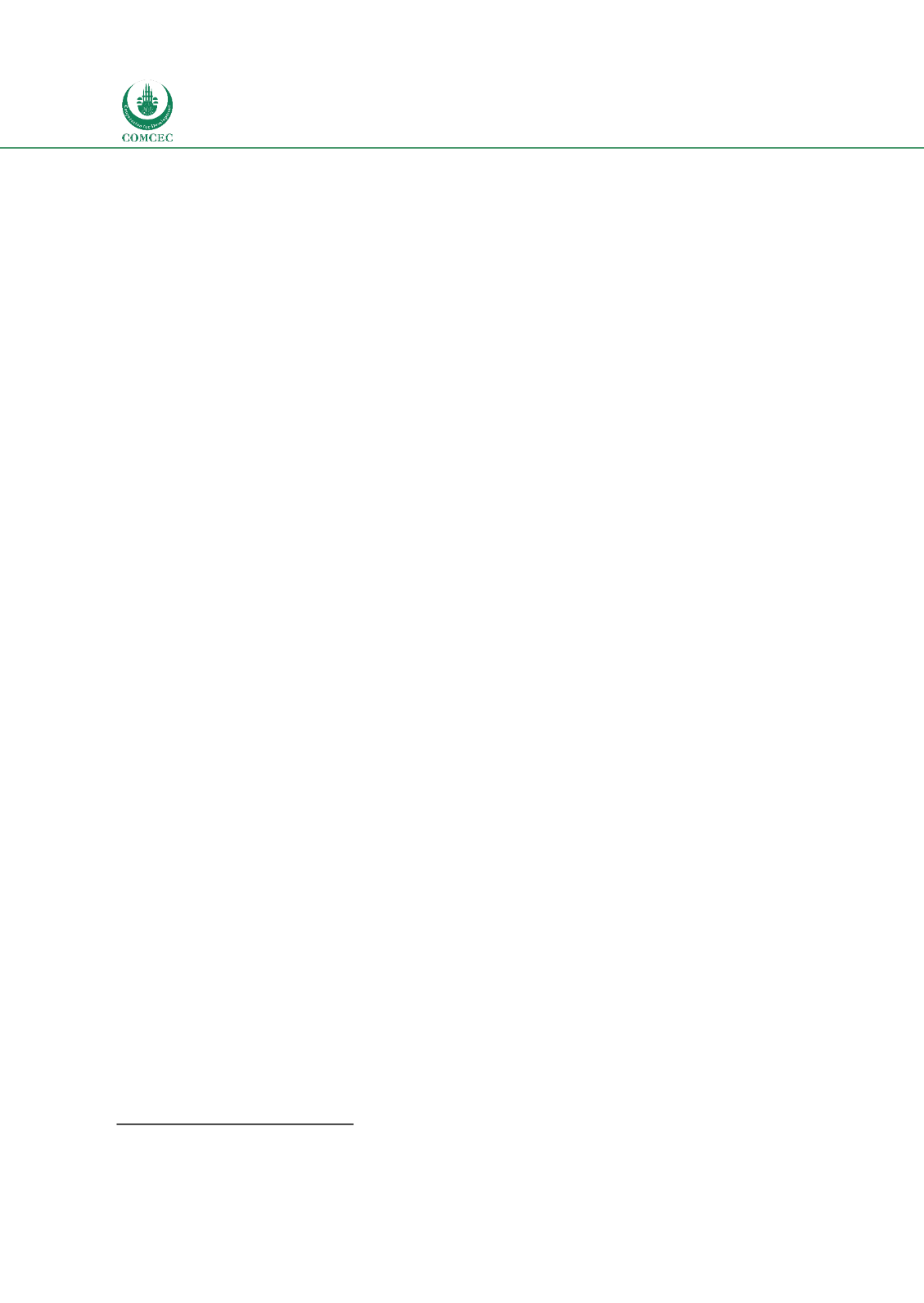

Muslim Friendly Tourism:
Developing and Marketing MFT Products and Services
In the OIC Member Countries
62
building program aiming to create awareness among the tourism industry players
with the Muslim-friendly Hospitality Services Requirements standard.
Brunei organizes an annual “SME Halal Workshop” program to increase awareness
among SMEs of the global Halal market and to encourage them to play a role in
Brunei’s Halal program. The workshop also provides them with information about the
assistance provided by government agencies for the SMEs in the Halal sector.
151
2.
Products and Services Development
Besides planning and improving the basic infrastructure, some OIC governments have
provided support for SME to help them develop products and services targeting Muslim
travelers in acknowledgment of the importance of that sector. The following examples show
some government initiatives in this area;
The Saudi Commission for Tourism and National Heritage (SCTH) launched the “Saudi
Hospitality Heritage Company (SHHC)” initiative in 2000 as a part of an integrated
cultural heritage development program. This initiative aims to develop a network of
heritage hospitality facilities in various parts of Saudi in an effort to attract Muslim
travelers.
152
The Indonesian Ministry of Tourism plan to promote pilgrimage destinations the
allocation of over $75,000 to improve the infrastructure at each destination. The plan
also includes sending trainers to each destination to train local guides and hospitality
staff as well as chorographers to improve cultural dances.
In Turkey, the SME Development and Support Administration (KOSGEB) provides
subsidies to tourism SMEs targeting foreign markets including those targeting Muslim
consumers. The KOSGEB supports SMEs through refunding them up to 75% of their
expenditure on marketing. The Government, through its Emergency Support
Incentives for Turkey’s tourism industry initiative, also provides travel agencies that
bring at least 400.000 tourists from a number of countries including Gulf and OIC’s
Central Asian countries with USD 35 million from the Credit Guarantee Fund.
3.
Certification of Products and Services
With certification being one of the main challenges facing entrants to the MFT market,
governments have been increasingly active in setting guidelines for Halal certification and
supporting MFT products and services providers obtain Halal certification. Malaysia, Turkey,
Indonesia, the UAE and Brunei are among the countries that developed their own Halal
certification brands. The following examples show a variety of government initiatives in this
area;
In Malaysia, the Islamic Tourism Centre (ITC) and the Halal Hub Division under JAKIM
have collaborated on a program for the MFT industry products and services providers
on Halal certification and standardization. The targeted providers include hoteliers
and homestay operators, travel and tour operators, airline companies, and tourism
151
“Small andMedium Enterprise Development Policies in Brunei Darussalam.” ASEAN. Web.
152
“Global Report on Public-Private Partnerships: Tourism Development.” UNWTO. Spain: November 2015.
















